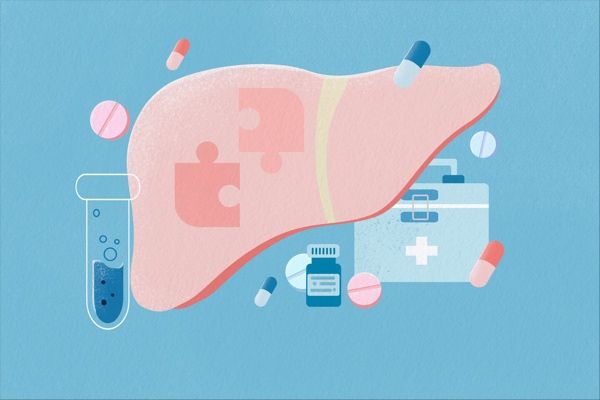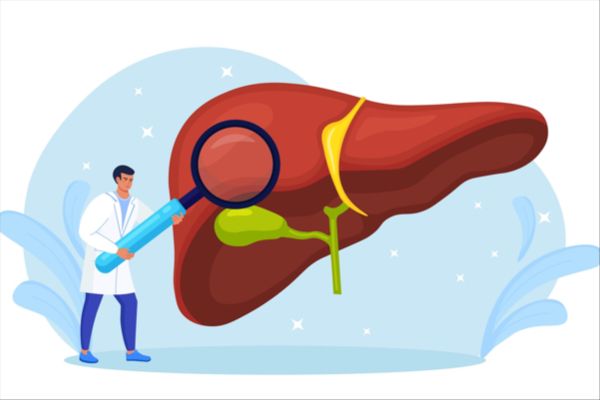CARsgen shares fresh findings about CT041 at the ASCO GI Conference, 2024
CARsgen Therapeutics Holdings Limited, has made public via a poster presentation at the 2024 American Society of Clinical Oncology Gastrointestinal Cancers Symposium, the study outcomes of satricabtagene autoleucel, also known as "satri-cel" (R&D code: CT041), an autologous CAR-T candidate specifically targeting Claudin18.2. The poster revealed the findings during the dose augmentation segment of the Phase 1b ELIMYN18.2 testing for gastric/gastroesophageal or pancreatic cancer within the United States.
👇Please click on the image below to directly access the latest data (R&D Status | Core Patent | Clinical Trial | Approval status in Global countries) of this drug.
For patients with advanced GC/GEJ or PC, therapeutic avenues are restricted. The 2024 ASCO GI conference saw us sharing the Phase 1b ELIMYN18.2 study outcomes, which showed favorable safety and performance of satri-cel (CT041), a premier CAR T-cell aimed at Claudin18.2. Our commitment to spearhead the worldwide clinical development of satri-cel remains steadfast, and we anticipate providing more data on satri-cel in the future." stated Raffaele Baffa, MD, PhD, Chief Medical Officer at CARsgen Therapeutics.
The Phase 1b/2 trial, which was single-arm and open-label in design, was focused on evaluating satri-cel's safety and effectiveness in confirmed Claudin18.2-positive advanced GC/GEJ or PC patients who either deteriorated or could not tolerate a minimum of two previous or one previous systemic therapies. The Phase 1b study included a modified 3+3 dose escalation/de-escalation with 5 dose levels to be assessed. Patients were given a precautionary measure of fludarabine, cyclophosphamide, and nab-paclitaxel, after which they went through 1-3 cycles of satri-cel.
This announcement brings the updated safety results and Recommended Phase 2 Dose decision. Phase 2 selection saw DL3 emerging as RP2D, and the process is currently under continuation. Adverse events were classified according to CTCAE Version 5.0, while CRS and ICANS followed ASTCT 2019 guidelines. Objective Response Rate and Clinical Benefit Rate were gauged as per RECIST 1.1, and tumor response was confirmed with an imaging scan post the initial response assessment. CBR is understood as the occurrence of a best overall response of CR, PR, or SD≥180 days.
In the general sense, satri-cel had a positive safety profile. Instances of hemophagocytic lymphohistiocytosis, dose-regulating toxicities, or deaths due to treatment were not reported. The majority of CRS was Grade 1 with few incidents of Grade 2 and 3. Excluding one patient who faced Grade 1 immune effector cell-associated neurotoxicity syndrome, no other instances of ICANS of any grade were observed. All events were resolved.
The safety of the first Claudin18.2 CAR T cell treatment, satri-cel, was encouraging, with initial efficiency showing promise in the heavy pre-treated Claudin18.2-positive advanced GC/GEJ and PC demographic. This was in line with earlier recordings.
👇Please click on the picture link below for free registration or login directly if you have freemium accounts, you can browse the latest research progress on drugs, indications, organizations, clinical trials, clinical results, and drug patents related to this target.
According to the data provided by the Synapse Database, As of January 25, 2024, there are 135 investigational drugs for the Claudin18.2 target, including 65 indications, 131 R&D institutions involved, with related clinical trials reaching 161, and as many as 2583 patents.
CT-041 shows promise as a targeted therapy for various cancers, particularly those related to the digestive system. Its autologous CAR-T approach and specific targeting of CLDN18.2 make it a potentially effective treatment option. The drug's current Phase 2 status indicates that it is advancing through the clinical development process, and its regulatory designations further emphasize its potential as an innovative and impactful therapy.






